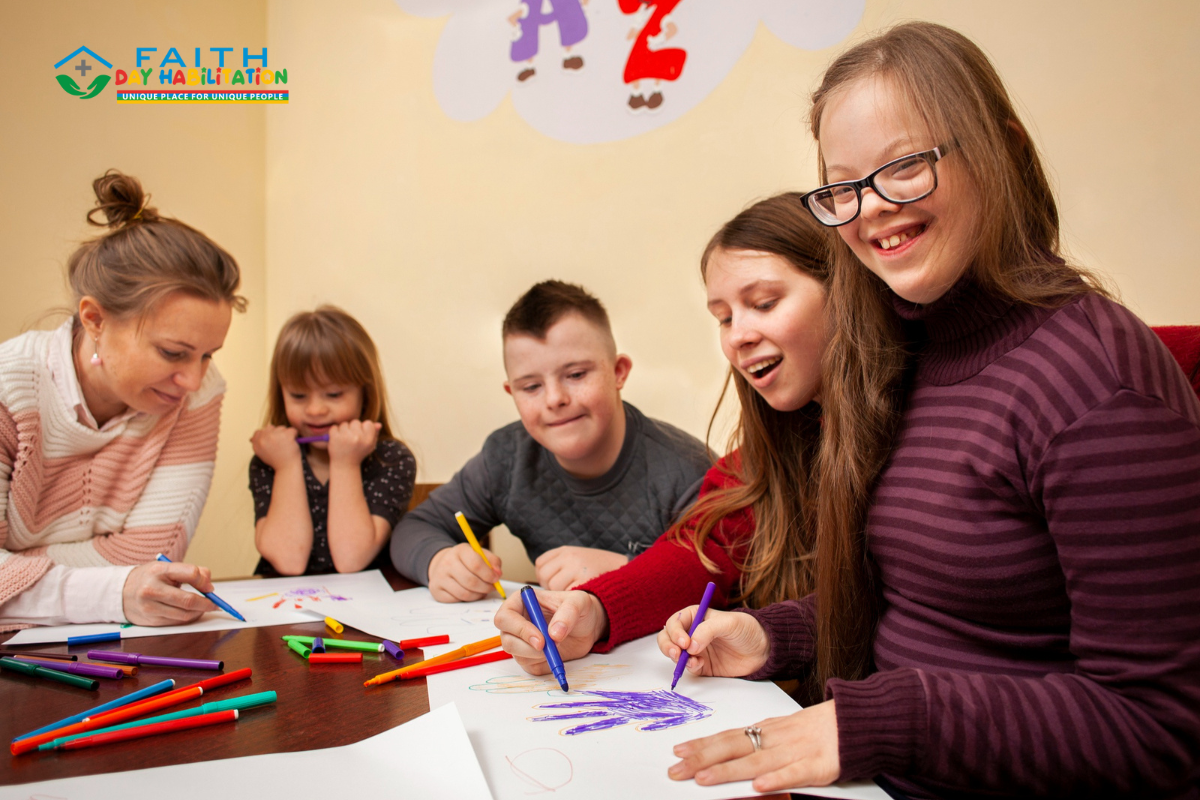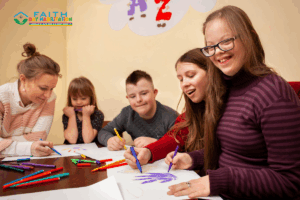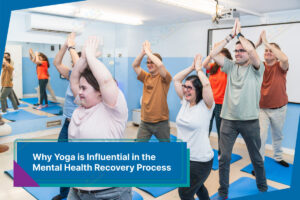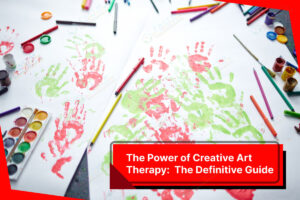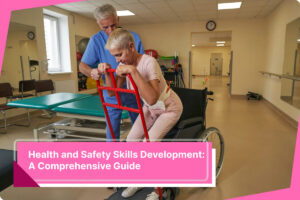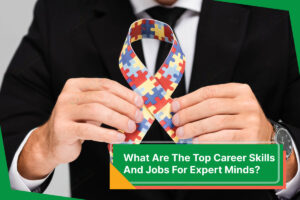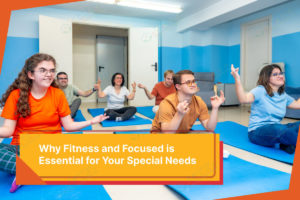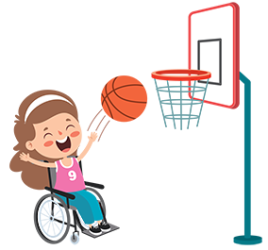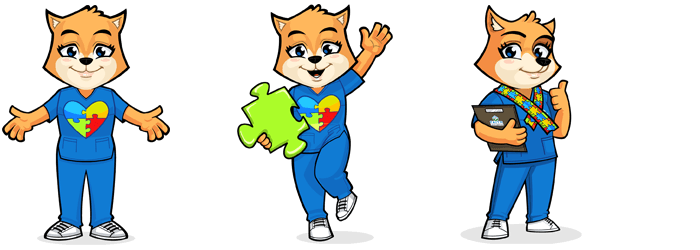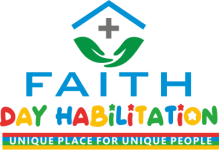When a member of our family has special needs or disability then life tends to demand new methods. Seeking the appropriate tools, communities, and supports can be very instrumental – transforming the adversities to growth, inclusion, and happiness. The following are 15 excellent resources that can indeed transform the way you lead life because every individual deserves a unique place for unique people.
1. Facebook groups
The easiest but most effective resource: Facebook groups with a specific diagnosis, age, and parenting problems. The initial list states that you should begin with searching your child’s disability to locate that peer support on the internet.
These groups will assist you in finding families who can relate, asking questions, sharing wins, and getting some practical ideas.
2. Blogs by special-needs parents
Reading blogs written by parents or adults who live with disabilities offers authentic, lived-experience perspectives. The list of references indicates that there are “mother and special needs daughter” blogs that one must see.
These posts often combine raw honesty, hope, and actionable tips — a great supplement to clinical guidance.
3. Podcasts & online interviews
While the list doesn’t label this item explicitly, the broader theme of “resources that change how you live” implies such media. The attitude can be changed by simply listening to real life stories: you are not alone and learning how to do it is even better than people who have.
4. Assistive technology directories
Locating the appropriate gadget, application or device can open up communication, mobility or independence. The article stresses out on searching what is already present instead of re-inventing wheels.
It is either high-tech or low-tech as scanning directories makes a difference.
5. Sensory-friendly venue lists
The families having children with sensory problems (autism spectrum, SPD) learn the list of places which are adapted and friendly. The given article cites inclusive spaces and the necessity of prior checking. Plan outings, reduce anxiety, and schedule fun instead of avoidance with the help of such lists.
6. Travel & accessibility guides
One of the resources includes travel planning with special needs: finding barriers, asking questions, and selecting accessible sites. These guides put you on the side of possibility rather than of limitation whether you are thinking of a day-trip or of a more extended holiday.
7. Online scholarship & funding databases
Most families are unaware that there are sources of funding for therapy, equipment, camps, or educational support. Although the initial list does not mention specific databases, the notion of resources that will alter the very way of doing life does imply financial access.
Researching grants, nonprofit grants and local programs can take the heavy weight off your shoulders.
8. Educational resource hubs
It can be special education resources, curriculum modifications, parent-teacher collaboration guides: resource hubs make the difference. The initial list refers to the blogs and guides on child disability topics and educational needs.
These hubs provide you with strategy whether it is visuals or communication aids.
9. Transition-to-adultery supports
As children grow, their needs evolve. Resources that help with employment, independent living skills, and adult services are key. The top list encourages asking, planning, and thinking ahead.
Don’t wait until the last minute—building this supports a smoother transition.
10. Parent-mentor networks
Being able to discuss the situation with another adult or parent, who will understand you, is one of the resources that should not be underestimated. The article also emphasizes the importance of seeking advice from individuals who have encountered the same difficulties. Mentoring connections brings insight you can’t always find online.
11. Advocacy & legal rights toolkits
It is transformational to know your rights in school, employment, or even in public access. The article in question proposes research, posing questions, and being prepared, thus, involving the use of legal/advocacy toolkits. When you stand informed, you stand stronger.
12. Community-based inclusive recreation listings
Sports, arts, clubs and recreation; inclusion creates identity, power, happiness. The list includes the term inclusive and accessible play and recreation. Browsing such listings might result in significant play and purpose.
13. Social-stories / visual-supports libraries
Visual support is a necessity to most people with disabilities particularly those with cognitive or communication differences. Whereas the article does not explicitly state it, it conforms to the theme of life-changing resources. Make a check of libraries of visual schedules, social stories, communication-boards.
14. Employment and vocational platforms
Having people with disabilities work purposefully is a life changer. As an example, India-based platforms like Atypical Advantage concentrate on the job opportunities of disabled individuals. Employment is not only a job, but it is identity, dignity, and contribution.
15. Global community & storytelling platforms
Listening and reading stories of other regions of the world broadens your outlook and makes you part of movements that are not in your locality. These platforms make us realize that we belong to a bigger group of power, creativity, and optimism.
Why this matters
The aggregate effect of these 15 resources is enormous. They shift the vantage point from surviving to thriving. They assist families and people with disabilities to locate the community, voice, and support, and solutions that can count in the real world. You need not figure it all out by yourself, you merely need to find the proper support and make the connection.
Such resources when utilized deliberately can help individuals to have a richer life, be more active and productive. The world starts to seem less restricting and open. Along with personal growth, developing basic health and safety skills ensures individuals can maintain well-being and handle challenges with confidence.
Conclusion
The first step in empowerment is the availability of the appropriate support. These 15 amazing sources create new opportunities for persons and families struggling with disabilities. They are turning every ordinary problem into a growth, inclusion, and independent opportunity and showing that everyone can be successful in this most unique place of unique people, with awareness, connection, and compassion.




